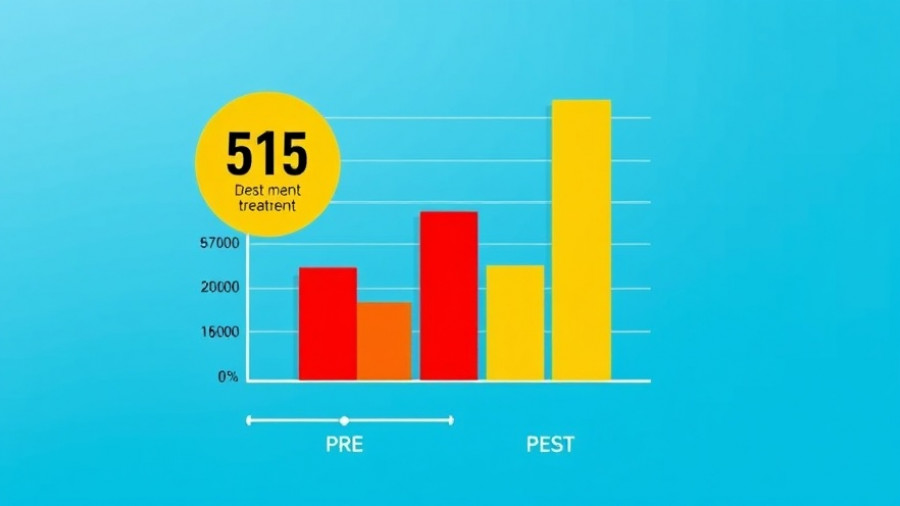
Breaking Down the Myths Around Addiction: Essential Facts You Need to Know
When it comes to addiction, especially concerning loved ones, misinformation is a primary barrier to healthy intervention and recovery. Understanding and reframing common myths can empower families and communities to provide support more effectively.
For instance, many believe that individuals suffering from addiction must hit ‘rock bottom’ before they can seek help. This misconception can lead families to feel hopeless. However, research indicates that early intervention increases the chances of successful recovery considerably.
The Impact of Addiction on Family Dynamics
Addiction is not just a burden for the individual but often extends its consequences to the entire family. Substance abuse can create a toxic environment, fostering feelings of isolation, fear, and instability. According to studies, over 21 million American children live with at least one parent who misuses drugs or alcohol, placing them at risk for trauma and neglect. Families often become relationally dysfunctional, complicating support and healing efforts.
For instance, enabling behaviors – often unintentionally performed by well-meaning family members – can create a dynamic that allows addiction to persist. It becomes vital for family members to understand the signs of addiction and the potential for co-dependence, so they can support their loved ones in productive ways.
The Role of Compassion in Recovery
At the core of effectively addressing addiction is compassion and understanding. By shifting the focus from blame and shame to empathy and support, family members can play a crucial role in their loved one’s healing journey. Techniques like motivational interviewing, family therapy, and education about addiction can facilitate a healthier environment for recovery.
Research further suggests that family-based treatment programs tend to yield better outcomes, empowering families to become a part of the healing process rather than an obstacle. When family members are included in intervention methods and recovery planning, they can help dismantle some of the power of the addiction itself.
Your Next Steps: Supporting Recovery
If you are a family member struggling with the reality of addiction in your home, take a proactive approach. Engaging in family therapy or seeking out intervention services can be a significant first step. Additionally, it’s beneficial to familiarize yourself with local support groups such as Narcotics Anonymous or Al-Anon for families of addicts.
As you embark on this difficult journey, remember that recovery is not just a destination but a process. Emphasizing healthy communication and emotional openness can fortify relationships and prepare all parties for success in recovery.
Don’t underestimate the value of knowledge. Understanding the ten critical facts about addiction can equip you with insights necessary for intervening effectively. Resources abound, including addiction recovery blogs and literature that explore coping mechanisms and strategies for family engagement in recovery.
Conclusion: Take Action and Seek Support
If you or a loved one is facing the challenges of addiction, know that support is available. Resources, from therapy options to support groups, can guide you on the path to recovery and healing. Reach out for professional help, whether it be through an addiction hotline or local treatment center. Together, we can break the cycle of addiction and foster healthier families and communities.
 Add Row
Add Row  Add
Add 




Write A Comment